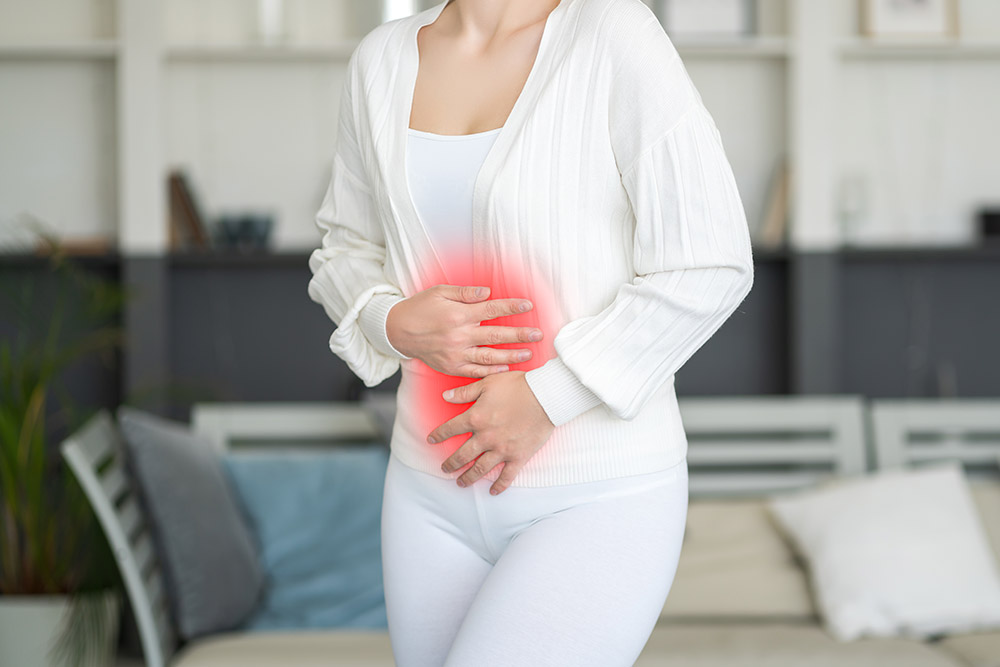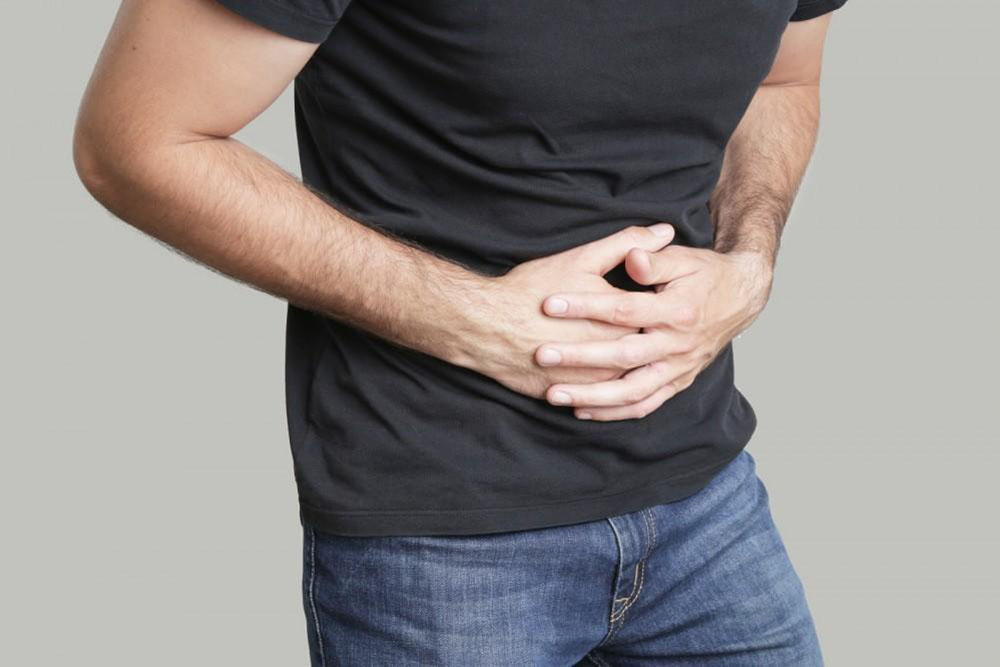What Is Eosinophilic Colitis?
Eosinophilic colitis is a rare gut condition in which eosinophils (a type of white blood cell) accumulate in the colon, causing inflammation, pain, and digestive disturbances.
Common Causes and Risk Factors
- Food allergies (dairy, gluten, eggs)
- Family history of allergies or immune disorders
- Overactive immune system response
- Can occur in infants, children, or adults
Signs and Symptoms
- Abdominal pain or cramping
- Intermittent or persistent diarrhea
- Nausea, bloating, or vomiting
- Unintentional weight loss
- Blood or mucus in the stool
How Dr. Rishi Diagnoses Eosinophilic Colitis?
Dr. Rishi Chadha uses a step-by-step approach:
Medical History and Physical Exam
He reviews your symptoms, food triggers, allergy history, and any family history of immune disorders.
Blood and Stool Tests
Blood work checks for elevated eosinophil counts and inflammation markers. Stool tests look for occult blood and rule out infections.
Endoscopic Evaluation
Colonoscopy allows direct visualization of the colon lining and helps identify inflamed areas.
Tissue Biopsy
During colonoscopy, small samples of colon tissue are taken to count eosinophils and confirm the diagnosis.
Allergy Testing and Imaging (if needed)
- Allergy panels pinpoint specific food or environmental triggers.
- CT or MRI scans assess bowel wall thickening and exclude other conditions.
Frequently Asked Questions
What causes eosinophilic colitis?
Allergies, an overactive immune system, or a family history of allergic/immune conditions can trigger eosinophilic colitis.
How rare is eosinophilic colitis?
It's very rare affecting fewer than 1 in 100,000 people.
How is it different from ulcerative colitis?
A biopsy from a colonoscopy shows a marked increase in eosinophils in eosinophilic colitis, unlike ulcerative colitis.
What tests do I need?
Blood work, stool tests, allergy testing, and a colonoscopy with tissue sampling are typically required.
Can diet help?
Yes. Identifying and eliminating trigger foods (e.g., dairy, gluten, eggs) often improves symptoms.
Is it curable?
While there's no guaranteed cure, many patients achieve lasting relief with proper treatment.
What treatments help most?
Steroids to reduce inflammation and biologic therapies for ongoing control are the mainstays of treatment.
Is surgery needed?
No most patients respond well to medical and dietary therapies without surgery.
Do you follow treatment guidelines?
Yes. We adhere to the latest evidence-based care protocols for eosinophilic gastrointestinal diseases.
Will insurance cover it?
Most insurance plans cover diagnostic tests and treatments. Our staff will verify your benefits for you.











